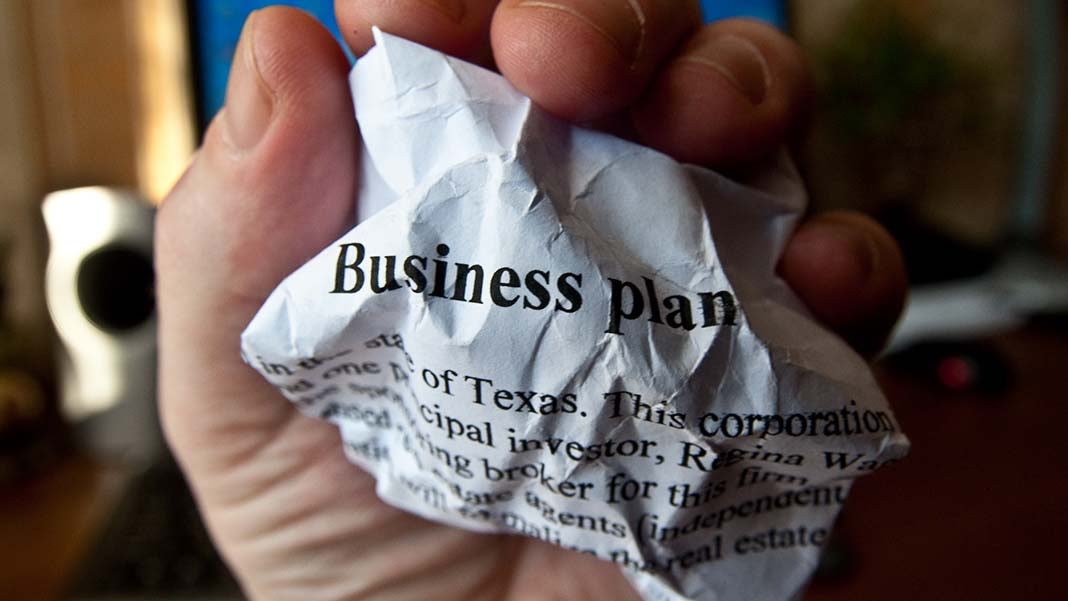
It’s a fantastic time to start a new business, which has led a myriad of entrepreneurs in the direction of starting their own companies and non-profits in the pursuit of success in the marketplace. Many newcomers to the business scene are struggling with one of the earliest steps of creating a business, however, namely the forming of a proper business plan.
The road to success begins with a solid business plan that will help guide you as you go. Here’s how you can create the proper business plan for your company, and what you’ll need to do to actualize your dreams.
Start small and build upwards
The biggest mistake that too many rookies make when it comes to forming a proper business plan is putting the cart in front of the horse. While you may be tugging at the leash to start your new company, it’s a simple matter of fact that you’ll need to start small and gradually build upwards if you have hopes of real, long-term success. This is the envisioning process, wherein you’ll try to ascertain what kind of business you want to form, why you want to form it, and how you see your company taking shape over the next few years.
Start with a solid brainstorming session and try to answer a few pivotal questions about your soon-to-be business. Research has proven that writing one’s business plan down makes your startup substantially likelier to succeed, so it’s worth breaking out some pen and paper (or going the digital route) and literally writing down your early ideas.
Ask yourself why you intend to start this business, which problem or problems you hope to solve, and which innovative means you intend to rely on to differentiate yourself from hungry competitors.
Now that the early ideas are out of the way, you can get into the concrete business of forming a business plan which can be presented to others. Never forget that your end goal is to take an idea and turn it into a company, which necessitates the actualization of fantasies. What you have now are intangible ideas and thoughts which will later become physical realities, but to bring about that actualization you need a plan. From start to finish, you’re creating a ladder whose rungs you’ll follow upwards until you’ve climbed to the pinnacle of success.
Research from McKinsey reminds us that successful companies rely on business plans which remember that money matters. If you’re not addressing funding and how you intend to operate, your business plan is effectively worthless; you’re not looking for fantasies in your final plan, but rather a realistic route by which you intend to achieve your dreams. This means being sober in your analysis of your finances and requires you to be forthcoming when it comes to explaining your sources of funding.
Finishing Strong
Contemporary business plan writers should use digitized tools for ease of creation and dissemination, as few investors will want to see a paper portfolio put before them anymore. Your final business plan should be trimmed of any fluff, focusing only on the need-to-know substance of your business and its operations. Finally, don’t be afraid to get creative and aesthetic with your plan; you don’t need to restrict yourself to a boilerplate whitepaper like so many others have in the past.
By embracing a creative approach to your business plan (like emphasizing the role of visual elements or even including digitized and video content) you’ll have the blueprint for your company’s success in no time. Remember not to rush into your new business headfirst and to keep in mind those tips above, and your new company will soon be dominating its local market.
1951 Views














